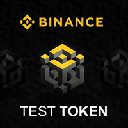-
 Bitcoin
Bitcoin $92,477.6434
-1.11% -
 Ethereum
Ethereum $1,744.7789
-2.50% -
 Tether USDt
Tether USDt $1.0001
-0.01% -
 XRP
XRP $2.1472
-5.15% -
 BNB
BNB $596.6488
-2.31% -
 Solana
Solana $146.8572
-3.16% -
 USDC
USDC $1.0000
0.01% -
 Dogecoin
Dogecoin $0.1732
-4.62% -
 Cardano
Cardano $0.6866
-1.62% -
 TRON
TRON $0.2440
-0.63% -
 Sui
Sui $2.9943
3.75% -
 Chainlink
Chainlink $14.3901
-2.82% -
 Avalanche
Avalanche $21.9130
-3.32% -
 UNUS SED LEO
UNUS SED LEO $9.2481
1.88% -
 Stellar
Stellar $0.2623
-3.64% -
 Toncoin
Toncoin $3.1179
0.54% -
 Shiba Inu
Shiba Inu $0.0...01304
-4.77% -
 Hedera
Hedera $0.1777
-4.20% -
 Bitcoin Cash
Bitcoin Cash $358.9657
0.45% -
 Polkadot
Polkadot $3.9866
-2.91% -
 Litecoin
Litecoin $81.7041
-2.94% -
 Hyperliquid
Hyperliquid $18.0887
-4.08% -
 Dai
Dai $1.0000
0.00% -
 Bitget Token
Bitget Token $4.4473
-2.98% -
 Ethena USDe
Ethena USDe $0.9994
0.01% -
 Pi
Pi $0.6441
-3.30% -
 Monero
Monero $224.1265
-1.26% -
 Uniswap
Uniswap $5.7309
-3.91% -
 Pepe
Pepe $0.0...08439
-7.42% -
 Aptos
Aptos $5.2356
-1.97%
Can Gemini contract trading make money
Due to its leverage and flexibility, Gemini contract trading offers the potential for profit, but traders must navigate significant risks associated with market volatility and employ effective risk management strategies to maximize their chances of success in this dynamic trading environment.
Nov 21, 2024 at 08:42 am
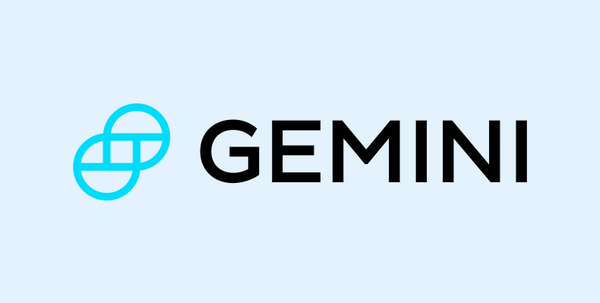
Can Gemini Contract Trading Make Money? A Comprehensive Guide to Profiting in Contracts
Introduction
Gemini is a renowned cryptocurrency exchange that offers a wide range of trading options, including contract trading. Contract trading involves using derivatives, specifically futures contracts, to gain exposure to the price movements of underlying assets. Futures contracts are agreements to buy or sell an asset at a predetermined price and date. Unlike spot trading, which involves the immediate purchase or sale of an asset, contract trading allows traders to speculate on future price movements without taking ownership of the underlying asset.
Can Gemini Contract Trading Make Money?
The potential for making money through Gemini contract trading depends on various factors, including market conditions, trading strategies, and risk management. It's important to recognize that contract trading, like any other form of financial trading, carries significant risks. Traders should carefully consider their financial situation and risk tolerance before engaging in contract trading.
Advantages of Gemini Contract Trading
- Leverage: Contract trading provides the ability to trade with leverage, which can amplify both profits and losses. Leverage allows traders to control a larger position size than their account balance would otherwise allow.
- Flexibility: Futures contracts offer flexibility in terms of trade size and duration. Traders can adjust their position size and the expiration date of their contracts to align with their risk tolerance and trading strategies.
- Hedging: Contract trading can be used for hedging purposes. Traders can use futures contracts to reduce the risk associated with holding physical assets by taking a position opposite to their existing holdings.
Disadvantages of Gemini Contract Trading
- High Risk: Contract trading involves significant risk due to the use of leverage and the volatility of cryptocurrency markets. Traders can potentially lose more than their initial investment if prices move against their positions.
- Market Volatility: Cryptocurrency markets can be highly volatile, which can make contract trading unpredictable. Traders need to have a strong understanding of market dynamics and the ability to manage risk effectively.
- Margin Call: When trading with leverage, traders are required to maintain a certain level of margin in their account. If the market moves against their position and the margin level falls below the required threshold, the exchange may issue a margin call. This can lead to forced liquidation of the trader's position.
Getting Started with Gemini Contract Trading
- Open a Gemini Account: The first step to starting Gemini contract trading is to open an account on the exchange. Gemini requires users to complete a KYC (Know Your Customer) process before trading.
- Fund Your Account: To fund your Gemini account, you can transfer cryptocurrencies from an external wallet or purchase cryptocurrencies directly through the exchange.
- Access Contract Trading Interface: Once your account is funded, navigate to the contract trading section of the Gemini platform. This section provides real-time market data and allows users to place orders.
- Understand Futures Contracts: Learn the basics of futures contracts, including their terms, expiration dates, and settlement mechanisms.
- Develop a Trading Strategy: Develop a clear trading strategy that outlines your entry and exit points, risk management parameters, and trading objectives.
Trading Strategies for Gemini Contract Trading
- Scalping: Scalping involves taking small profits over short time periods by exploiting small price movements within a trading range.
- Day Trading: Day traders buy and sell contracts within the same trading day, aiming to profit from intraday price fluctuations.
- Trend Trading: Trend traders seek to identify and trade with the overall market trend, holding positions for longer periods.
- Hedging: Hedging strategies involve taking opposite positions in the futures market to reduce the risk associated with holding physical assets.
Risk Management in Gemini Contract Trading
- Use Stop-Loss Orders: Set stop-loss orders to automatically close your positions when the market moves against you, limiting your potential losses.
- Manage Leverage Carefully: Use leverage wisely and adjust it based on your risk tolerance and market conditions.
- Monitor Market Conditions: Keep up-to-date with market news and events that can impact cryptocurrency prices.
- Consider Technical and Fundamental Analysis: Use technical analysis tools and study fundamental market factors to make informed trading decisions.
- Educate Yourself Continuously: Stay updated with industry trends, market dynamics, and new trading strategies to improve your skills over time.
Disclaimer:info@kdj.com
The information provided is not trading advice. kdj.com does not assume any responsibility for any investments made based on the information provided in this article. Cryptocurrencies are highly volatile and it is highly recommended that you invest with caution after thorough research!
If you believe that the content used on this website infringes your copyright, please contact us immediately (info@kdj.com) and we will delete it promptly.
- Massive interest in new data infrastructure project signals renewed market enthusiasm
- 2025-04-24 18:50:12
- Revolut Doubles Profit to £1 Billion ($1.3 Billion) on Crypto Trading Growth
- 2025-04-24 18:50:12
- Binance Coin (BNB) Drops to $602 Ahead of BNB Chain Hard Fork Upgrade
- 2025-04-24 18:45:12
- South Korean exchanges Upbit and Bithumb have suspended deposits for Synthetix (SNX) tokens
- 2025-04-24 18:45:12
- Bitcoin and other cryptocurrencies have risen sharply as investors sell off the dollar
- 2025-04-24 18:40:14
- $TRUMP is one of several crypto tokens associated with President Trump
- 2025-04-24 18:40:14
Related knowledge
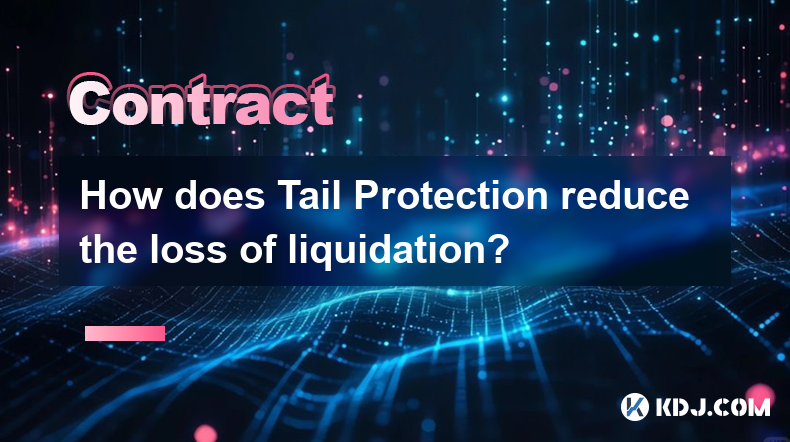
How does Tail Protection reduce the loss of liquidation?
Apr 11,2025 at 01:50am
Introduction to Tail Protection in CryptocurrencyTail Protection is a mechanism designed to mitigate the risks associated with liquidation in cryptocurrency trading. Liquidation occurs when a trader's position is forcibly closed by the exchange due to insufficient margin to cover potential losses. This often happens in leveraged trading, where traders b...
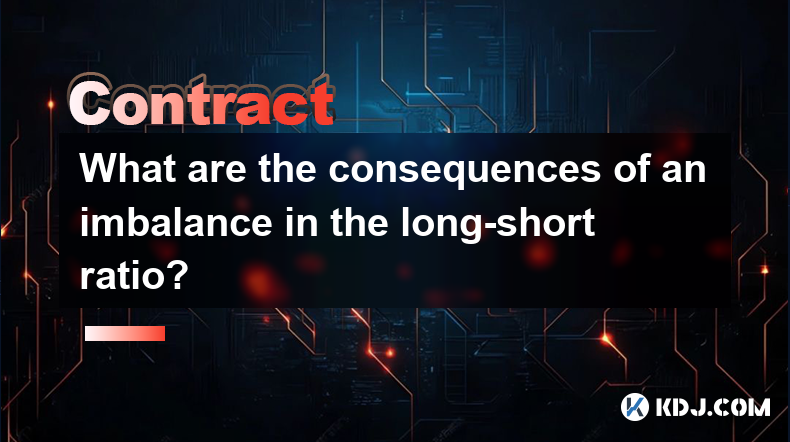
What are the consequences of an imbalance in the long-short ratio?
Apr 13,2025 at 02:50pm
The long-short ratio is a critical metric in the cryptocurrency trading world, reflecting the balance between bullish and bearish sentiments among traders. An imbalance in this ratio can have significant consequences on the market dynamics, affecting everything from price volatility to trading strategies. Understanding these consequences is essential fo...
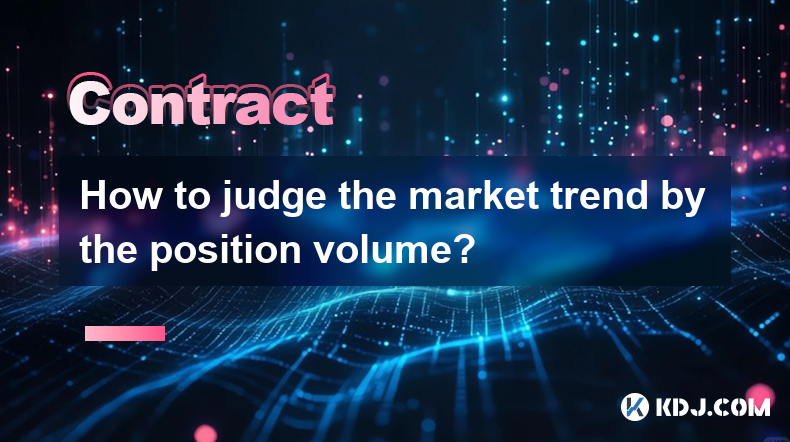
How to judge the market trend by the position volume?
Apr 11,2025 at 02:29pm
Understanding how to judge the market trend by position volume is crucial for any cryptocurrency trader. Position volume, which refers to the total number of open positions in a particular cryptocurrency, can provide valuable insights into market sentiment and potential price movements. By analyzing this data, traders can make more informed decisions ab...

Why does a perpetual contract have no expiration date?
Apr 09,2025 at 08:43pm
Perpetual contracts, also known as perpetual futures or perpetual swaps, are a type of derivative product that has gained significant popularity in the cryptocurrency market. Unlike traditional futures contracts, which have a fixed expiration date, perpetual contracts do not expire. This unique feature raises the question: why does a perpetual contract ...
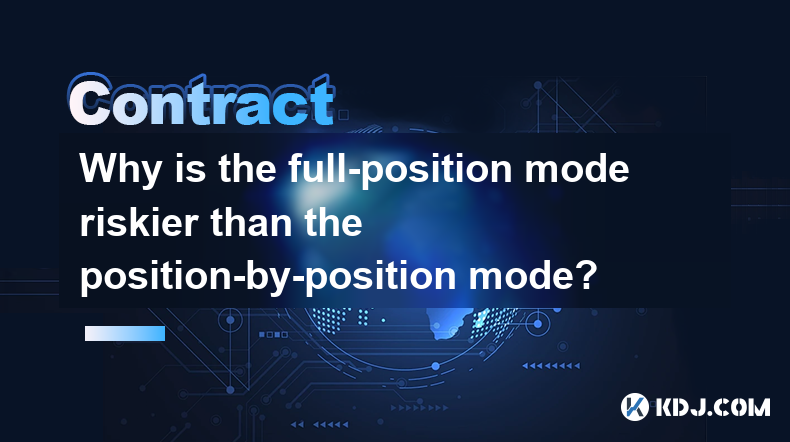
Why is the full-position mode riskier than the position-by-position mode?
Apr 13,2025 at 03:42pm
Why is the Full-Position Mode Riskier Than the Position-by-Position Mode? In the world of cryptocurrency trading, the choice between full-position mode and position-by-position mode can significantly impact the risk profile of a trader's portfolio. Understanding the differences between these two modes is crucial for making informed trading decisions. Th...
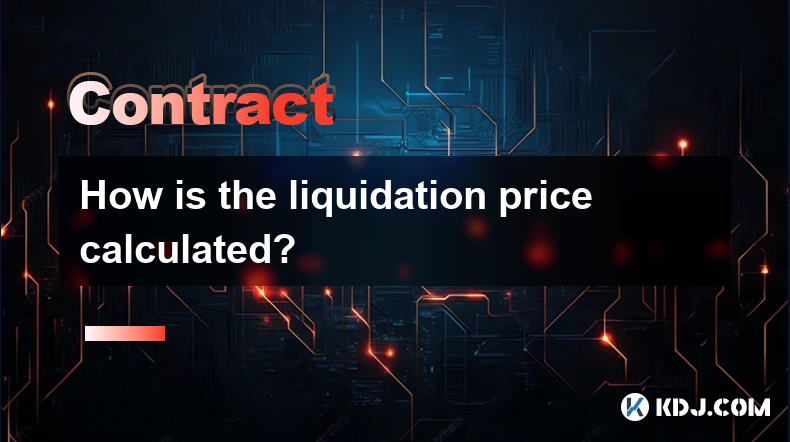
How is the liquidation price calculated?
Apr 12,2025 at 01:35am
Introduction to Liquidation PriceLiquidation price is a critical concept in the world of cryptocurrency trading, particularly when dealing with leveraged positions. Understanding how this price is calculated is essential for traders to manage their risk effectively. The liquidation price is the point at which a trader's position is forcibly closed by th...

How does Tail Protection reduce the loss of liquidation?
Apr 11,2025 at 01:50am
Introduction to Tail Protection in CryptocurrencyTail Protection is a mechanism designed to mitigate the risks associated with liquidation in cryptocurrency trading. Liquidation occurs when a trader's position is forcibly closed by the exchange due to insufficient margin to cover potential losses. This often happens in leveraged trading, where traders b...

What are the consequences of an imbalance in the long-short ratio?
Apr 13,2025 at 02:50pm
The long-short ratio is a critical metric in the cryptocurrency trading world, reflecting the balance between bullish and bearish sentiments among traders. An imbalance in this ratio can have significant consequences on the market dynamics, affecting everything from price volatility to trading strategies. Understanding these consequences is essential fo...

How to judge the market trend by the position volume?
Apr 11,2025 at 02:29pm
Understanding how to judge the market trend by position volume is crucial for any cryptocurrency trader. Position volume, which refers to the total number of open positions in a particular cryptocurrency, can provide valuable insights into market sentiment and potential price movements. By analyzing this data, traders can make more informed decisions ab...

Why does a perpetual contract have no expiration date?
Apr 09,2025 at 08:43pm
Perpetual contracts, also known as perpetual futures or perpetual swaps, are a type of derivative product that has gained significant popularity in the cryptocurrency market. Unlike traditional futures contracts, which have a fixed expiration date, perpetual contracts do not expire. This unique feature raises the question: why does a perpetual contract ...

Why is the full-position mode riskier than the position-by-position mode?
Apr 13,2025 at 03:42pm
Why is the Full-Position Mode Riskier Than the Position-by-Position Mode? In the world of cryptocurrency trading, the choice between full-position mode and position-by-position mode can significantly impact the risk profile of a trader's portfolio. Understanding the differences between these two modes is crucial for making informed trading decisions. Th...

How is the liquidation price calculated?
Apr 12,2025 at 01:35am
Introduction to Liquidation PriceLiquidation price is a critical concept in the world of cryptocurrency trading, particularly when dealing with leveraged positions. Understanding how this price is calculated is essential for traders to manage their risk effectively. The liquidation price is the point at which a trader's position is forcibly closed by th...
See all articles



















































































